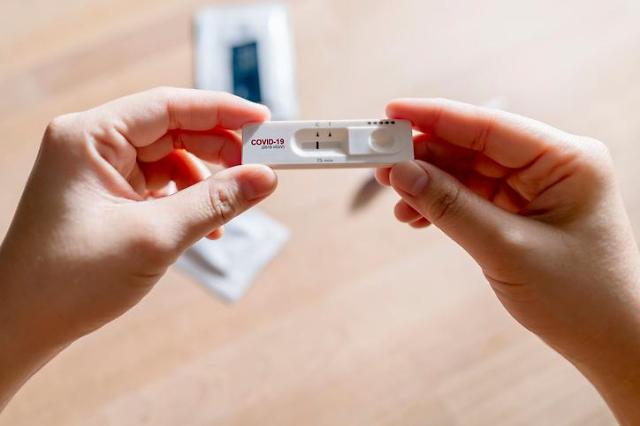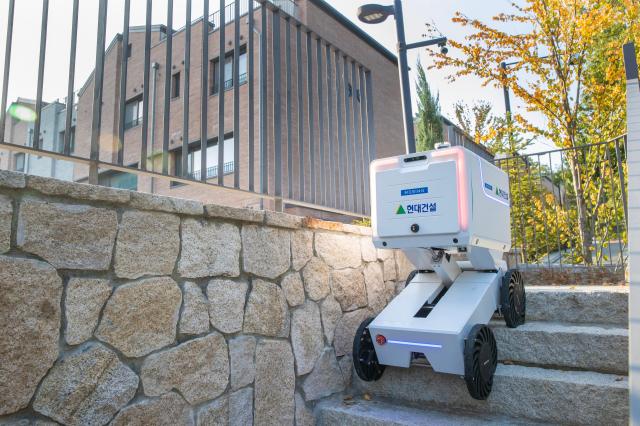
[Gettyimages Bank
Polymerase chain reaction test equipment that uses blood samples is very bulky and requires many hours to come up with results. Rapid diagnosis kits that use saliva or mucus samples are the size of a chewing gum stick and take less than an hour to test but the accuracy of the test is less than 50 percent when the test was carried out by a professional medical staff.
Ordinary rapid diagnosis kits use angiotensin-converting enzyme 2 (ACE2), a transmembrane protein that serves as the main entry point into cells for some infectious diseases including coronaviruses to detect the presence of antigens in the samples.
The Korea Research Institute of Bioscience and Biotechnology (KRIBB) said that its research team developed a simple biosensor using ACE2. The new diagnosis kit will generate light when an infectious disease virus comes in contact with a chemical substance designed to have the characteristics of ACE2. Researchers said the accuracy of the biosensor is about 95 percent of that of PCR equipment.
"We have fixed demerits of PCR and rapid diagnosis kits. Although we have tested COVID-19 virus using our new biosensor, it can also be used for the detection of other infectious diseases and the development of medicines," KRIBB researcher Lim Eun-kyoung said in a statement on May 3.




